Have you ever been interested in the training practices conducted at Japanese temples?
In Japan, there are accommodations where you can do more than just stay overnight—you can have a truly unique cultural experience. These are called shukubo(宿坊), or temple lodgings. Originally intended for monks and pilgrims, many shukubo now welcome general tourists and international visitors.
Staying at a shukubo allows you to experience activities such as sutra copying, Zen meditation, and enjoying traditional Buddhist cuisine.

In this guide, we’ll explore what you can do at a shukubo, what kind of meals to expect, and our top shukubo recommendations in Koyasan.
Experiences You Can Have at a Shukubo
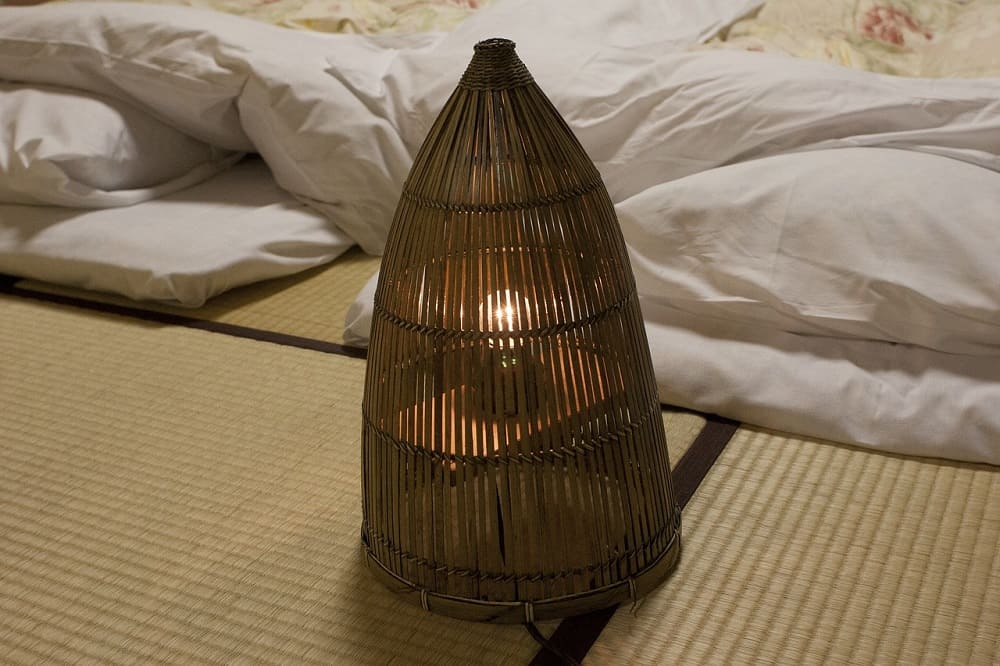
A shukubo stay is not just about accommodation; it’s about immersing yourself in Japanese culture and spirituality.
Sutra Copying, Buddha Drawing, Zen Meditation, and Chanting

You can engage in “shakyo/写経” (sutra copying), where you carefully trace Buddhist scriptures with a brush and ink, or “shabutsu,” where you draw images of Buddha. Zen meditation (zazen/座禅) helps calm the mind, while chanting sutras with monks provides a deeply spiritual experience.

I used to do Shakyo (sutra copying).
If you are interested in it, read the article below as well!
Morning Prayer Ceremony

Start your day with a traditional “asa-no-otsutome” (morning prayer) session, chanting alongside monks in a serene atmosphere.

We should try this because we are night owls.
Hot Springs and Outdoor Baths
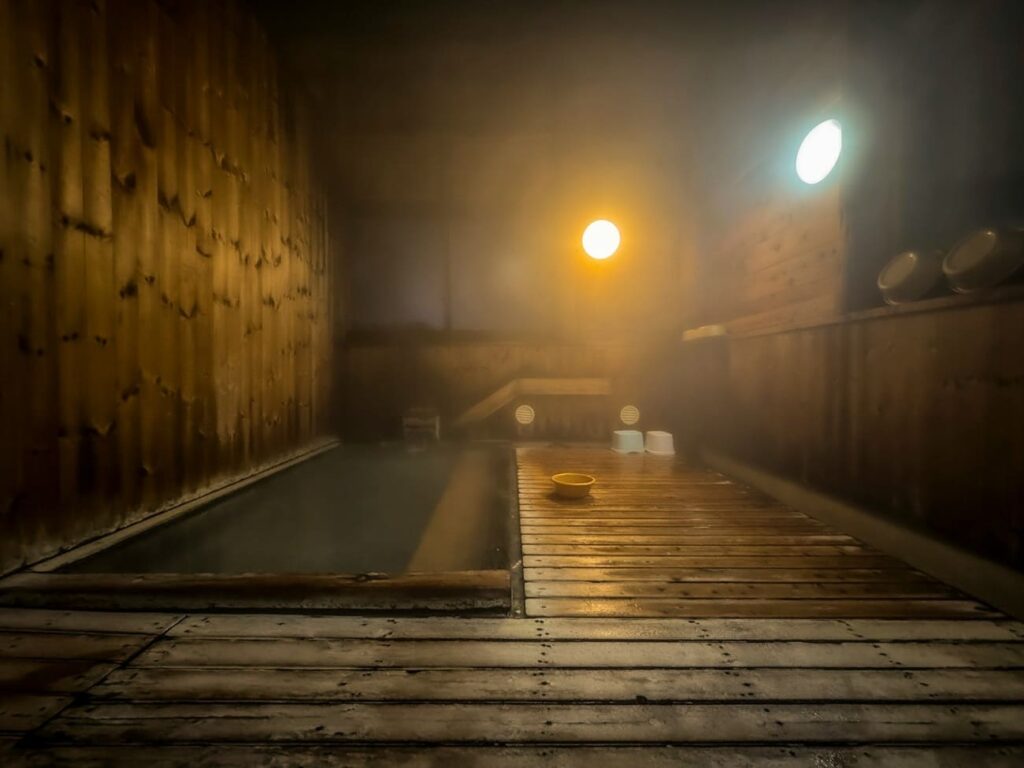
Some shukubo have natural hot springs or open-air baths, allowing guests to relax in a peaceful setting after a long day of sightseeing.

Taking bath is so comfortable!
I LOVE it!
What Kind of Food is Served at a Shukubo?
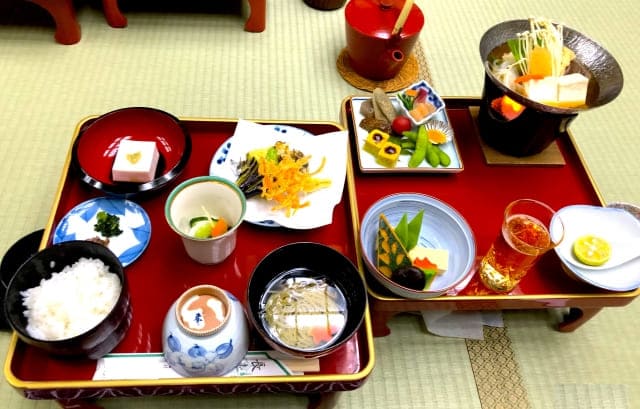
One of the highlights of a shukubo stay is the opportunity to enjoy shojin ryori/精進料理, traditional Buddhist vegetarian cuisine. This meal follows Buddhist principles by avoiding meat and fish, focusing instead on vegetables, tofu, and seasonal ingredients. While the flavors are simple, the carefully prepared dishes showcase the deep umami of Japanese dashi broth and bring out the natural taste of each ingredient.
If you want to know about Shojin ryori more, check the article below!
Three Reasons to Stay at a Shukubo

You should experience ”Shukubo” if you come to Japan.
Here are three reasons!
A Refreshing Escape from Everyday Life


When you are tired of daily life, you should stay in Shukubo for a while!
One of the reasons why staying at a shukubo (temple lodging) is highly recommended is the opportunity to experience something out of the ordinary in a unique environment. When staying at a shukubo, you generally follow the temple’s daily schedule. While it depends on the temple, mornings often start as early as 5 AM, and bedtime is usually around 9 or 10 PM, promoting a healthier lifestyle for both mind and body.

The quiet, sacred environment of a temple allows you to take a break from the hustle and bustle of daily life.
An Authentic Cultural Experience
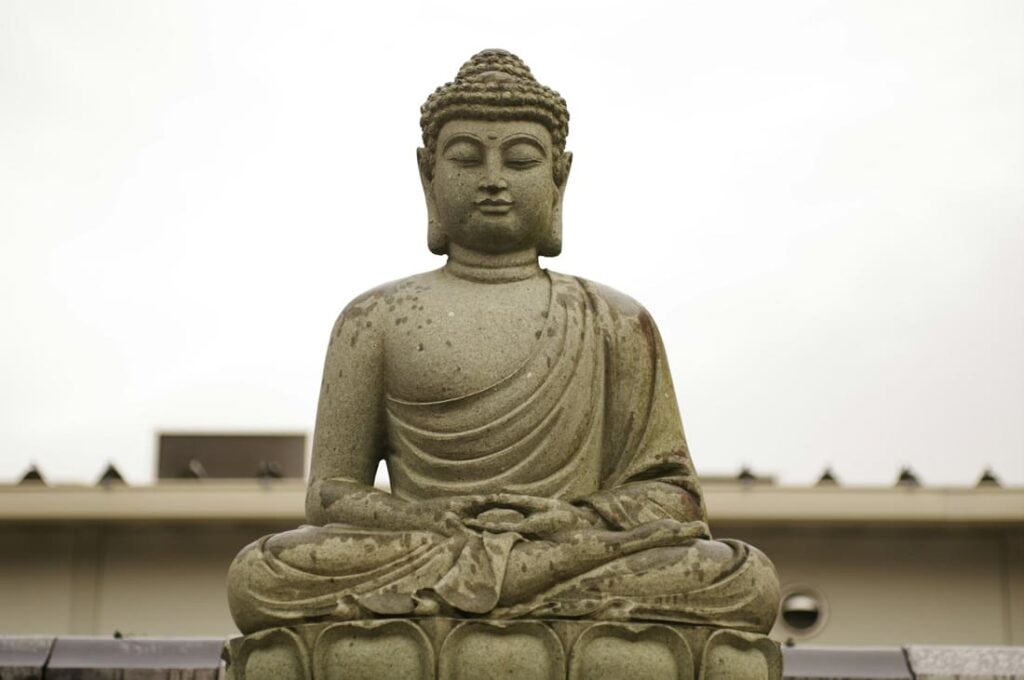
Staying at a shukubo provides a chance to immerse yourself in Buddhist traditions and Japanese spirituality.
Even some Japanese people choose to stay at a shukubo specifically to experience an extraordinary atmosphere through activities like shakyo (sutra copying), dokyo (chanting), and zazen (seated meditation).
Admire Traditional Architecture and Gardens
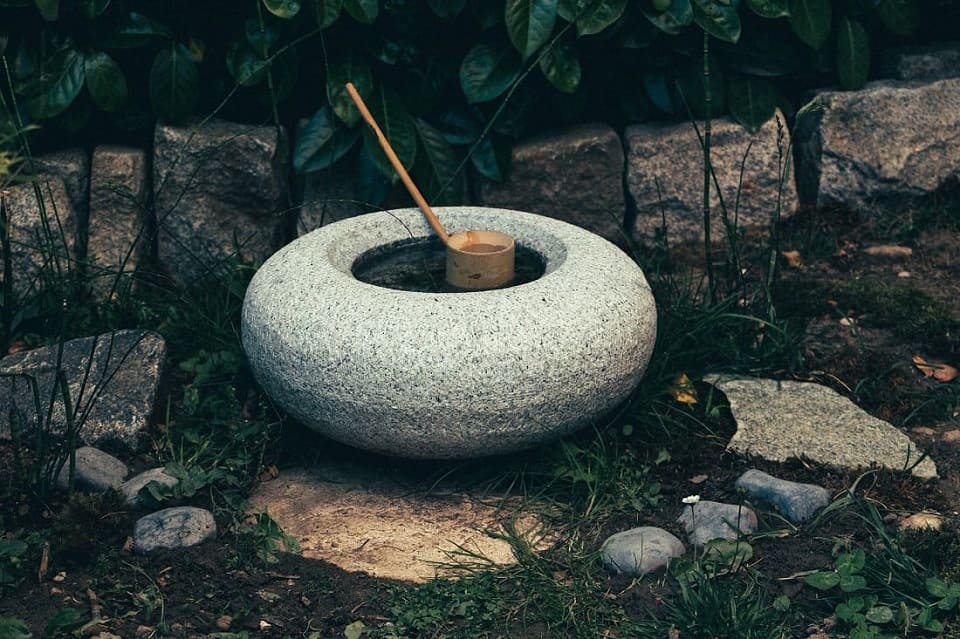
Many temples feature stunning gardens and historical architecture, offering a glimpse into Japan’s artistic and spiritual heritage.
At certain temples, guests may also participate in cleaning the temple grounds as part of the training. In Buddhism, cleaning is considered an important form of practice, as it is believed that by tidying up the surroundings, one can also purify their own heart and mind. Embrace the experience and enjoy the process!
Things to Keep in Mind When Staying at a Shukubo
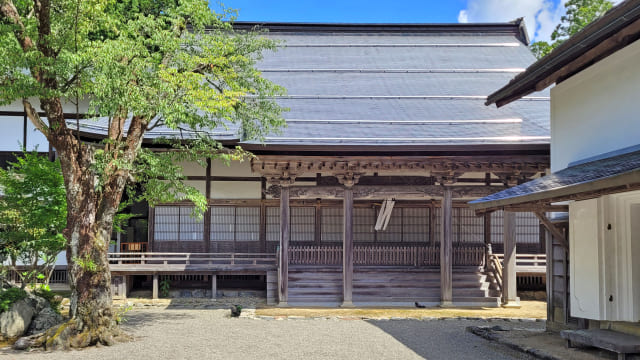
Unlike hotels, shukubo are temple-run accommodations, meaning the experience might not always be as comfortable as a modern hotel stay. Here are some things to consider:
- Rooms can be quite cold in winter and warm in summer.
- Thin walls mean you might hear sounds from neighboring rooms.
- Some shukubo have curfews, so be sure to check in advance.
Understanding these aspects will help you appreciate your stay as a special cultural experience rather than just an ordinary hotel visit.
Can You Book a Shukubo Online?
Yes! You can reserve a shukubo stay through major booking platforms like Rakuten Travel and Jalan, as well as dedicated shukubo booking websites. One well-known site is Shukubo Research Association, which offers detailed information on shukubo stays across Japan.

For example, this is the Rakuten Travel banner above.
If you put the word “Shukubo” and “Kyoto (area)”, you can search a lot of Shukubo! [Note: When you click the link above. The primary language is Japanese, but you can easily change it to English in the top right corner ‘Languages’

You can use “Booking.com” too.
Recommended Shukubo in Koyasan

There are so many Shukubo in Japan,
but I want to recommend some in Koyasan area this time.
Mount Koya (Koyasan) is one of the most famous places for shukubo stays.
Here are three highly recommended shukubo:
Ekoin
EkoinOne of the most popular shukubo for international travelers, Ekoin offers unique experiences such as Goma fire rituals, Ajikan meditation, and even night tours of the temple grounds. It also has English-speaking staff, making it a great choice for foreigners.

Ekōin is a shukubo within a Buddhist temple, boasting a history of 1,000 years.
Sainan-in
Sainan-in—A beautiful temple lodging known for its breathtaking gardens, where you can enjoy stunning seasonal views.
The garden can be admired throughout the changing seasons from most of the shukubo’s rooms. This temple lodging is recommended for those who wish to experience the charm of a Japanese gardens up close.
Fukuchiin
“Fukuchiin“ is a shukubo with over 800 years of history, featuring the only natural hot spring and open-air bath in Koyasan. The guest rooms, surrounded by a grand garden designed by the renowned Showa-era garden master Mirei Shigemori, are fully equipped with heating and air conditioning, ensuring a comfortable stay.
This shukubo “Fukuchiin” is also famous for its delicious cuisine.
Guests highly praise the quality of its shojin ryori.

Good. I really love authentic Japanese cuisine.
Conclusion
A shukubo stay is more than just a place to sleep—it’s a chance to experience Japan’s rich cultural and spiritual heritage. Whether you want to try Zen meditation, enjoy vegetarian temple cuisine, or simply relax in a tranquil environment, shukubo offer an unforgettable experience. If you’re visiting Mount Koya, why not stay at a shukubo and immerse yourself in this unique aspect of Japanese culture?

If you are interested in Japanese culture, you may love these games!
Let’s play!

Yes! Let’s play!

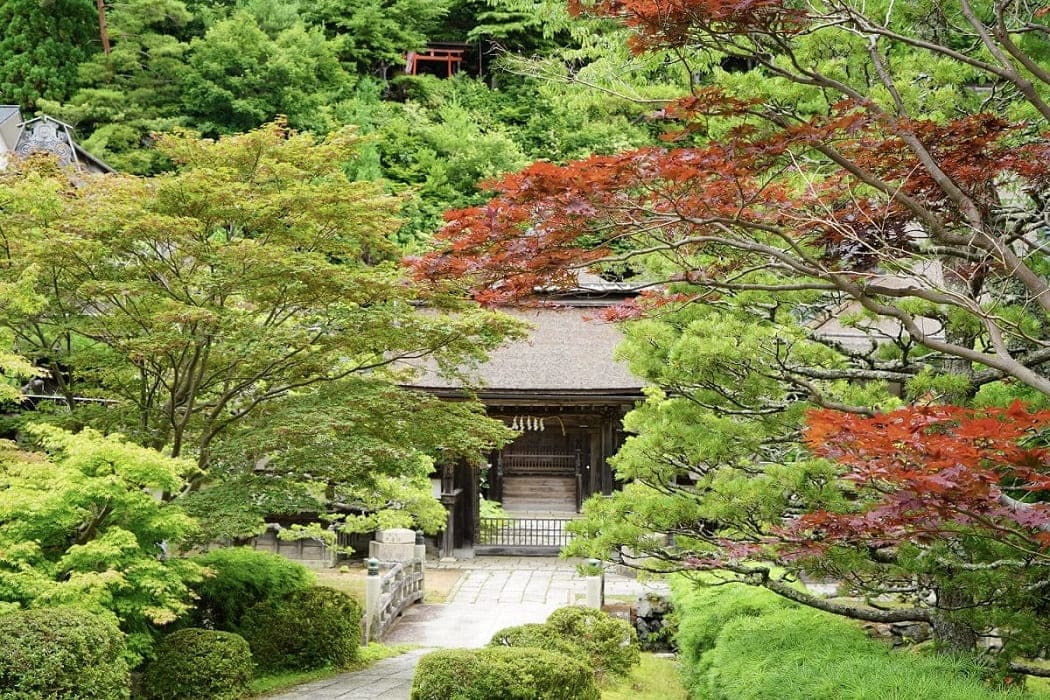





Comments